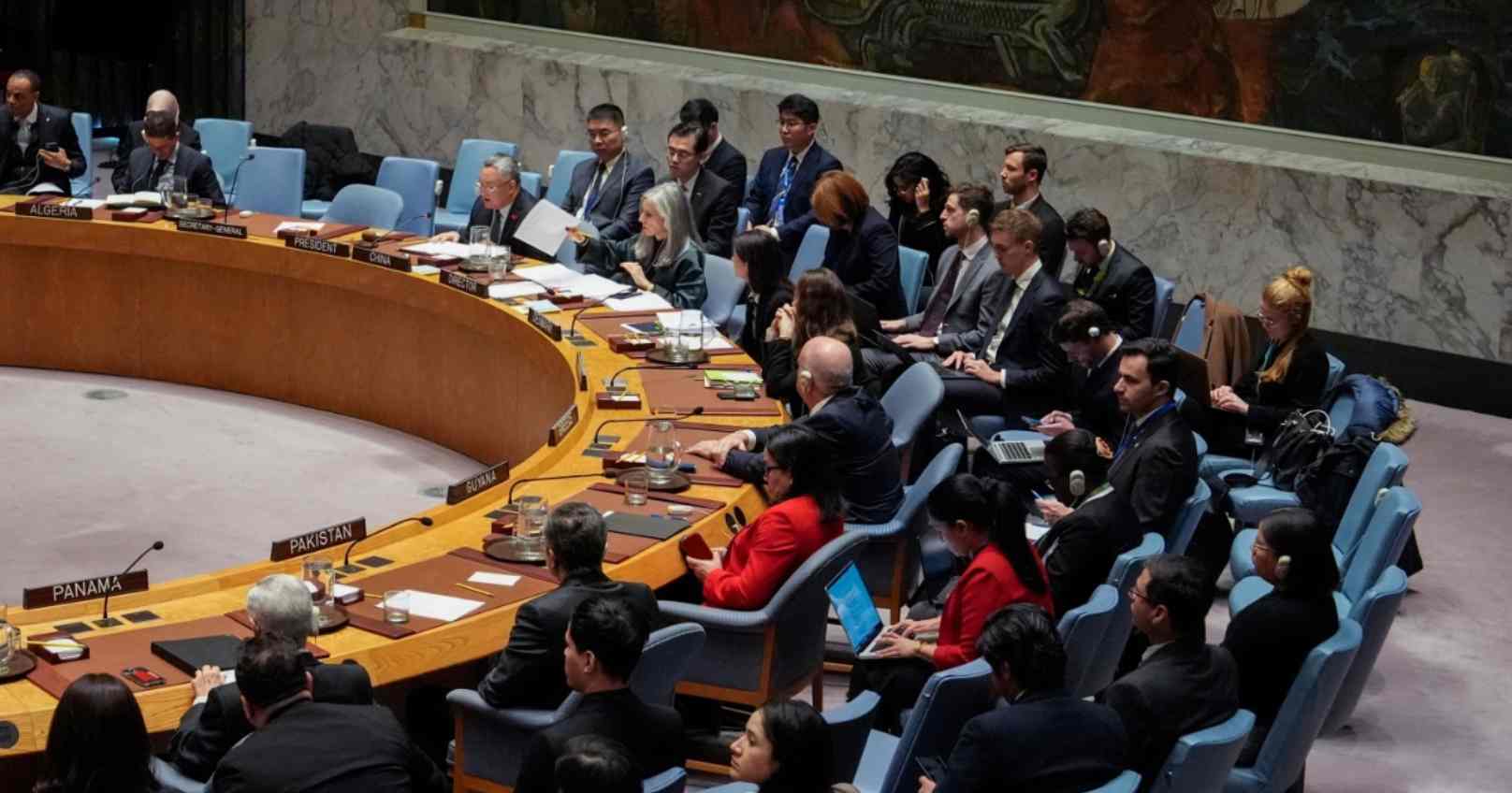As diplomatic strains between India and Pakistan intensify, a closed-door session of the United Nations Security Council (UNSC), called at Islamabad’s request, concluded on May 5 with no official statement, resolution, or outcome. The meeting took place shortly after UN Secretary-General Antonio Guterres warned that the situation had reached its most dangerous phase in recent years.
Pakistan’s envoy to the UN, Asim Iftikhar Ahmad, used the session to once again level accusations against India, including claims of military escalation and provocative rhetoric. Instead of addressing the April 22 terrorist attack in Pahalgam, which claimed 26 civilian lives, Ahmad sought to revive the Kashmir issue and accused New Delhi of aggressive actions—including the recent suspension of the Indus Waters Treaty, which he labeled as a hostile move.
India has dismissed these claims as baseless and views Pakistan’s attempts as a tactic to distract from its own alleged involvement in cross-border terrorism.
Though currently a non-permanent member of the 15-nation Council, Pakistan’s call for closed consultations did not lead to any substantive outcome. The meeting, scheduled by Greece in its capacity as the rotating Council president, was held in a private room adjacent to the UNSC Chamber—separate from formal sessions typically conducted around the chamber’s signature horseshoe table.
Speaking to reporters after the meeting, Ahmad reiterated Pakistan’s stance, though no other member issued statements or backed Islamabad’s claims. Before the session, India’s former UN envoy Syed Akbaruddin commented that such meetings rarely yield significant results, particularly when they are orchestrated by a party seeking to manipulate global opinion using their Council membership.
This is not the first time Pakistan has tried to internationalise the Kashmir dispute through the UNSC. A similar attempt in August 2019, backed by China, also ended without any conclusion or statement, reinforcing the Council’s consistent view that Kashmir is a bilateral issue between India and Pakistan.
UN Chief Warns of Dangerous Escalation
Earlier on May 5, UN Secretary-General Antonio Guterres expressed serious concern over the deteriorating relations between the two nuclear-armed nations, calling the situation the most volatile in years. Referring to the Pahalgam attack, Guterres condemned the targeting of civilians and emphasized that those responsible must be held accountable through lawful means.
“Military confrontation is not the answer,” he said, urging both sides to act with restraint and de-escalate tensions immediately. “The region stands at a tipping point. This is the moment for diplomacy, not aggression,” the UN chief said in a strong appeal for peace.







